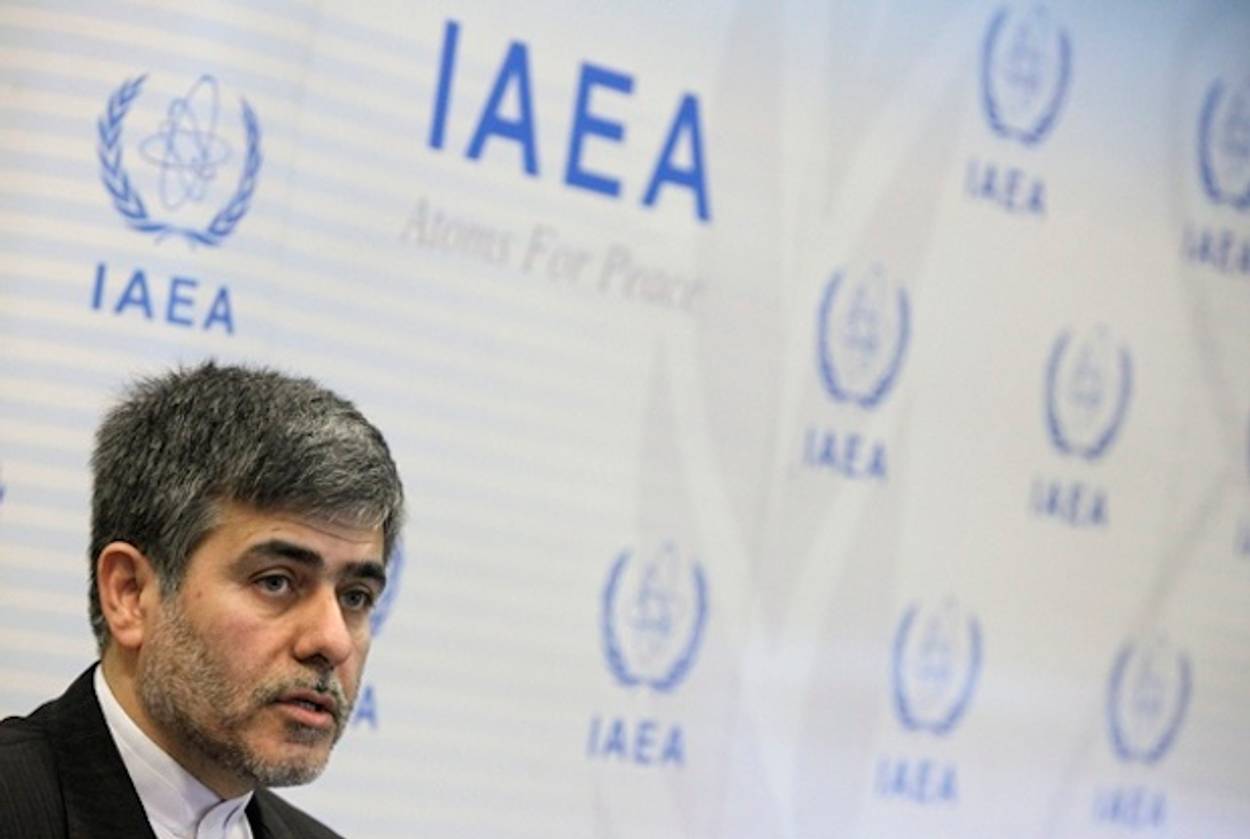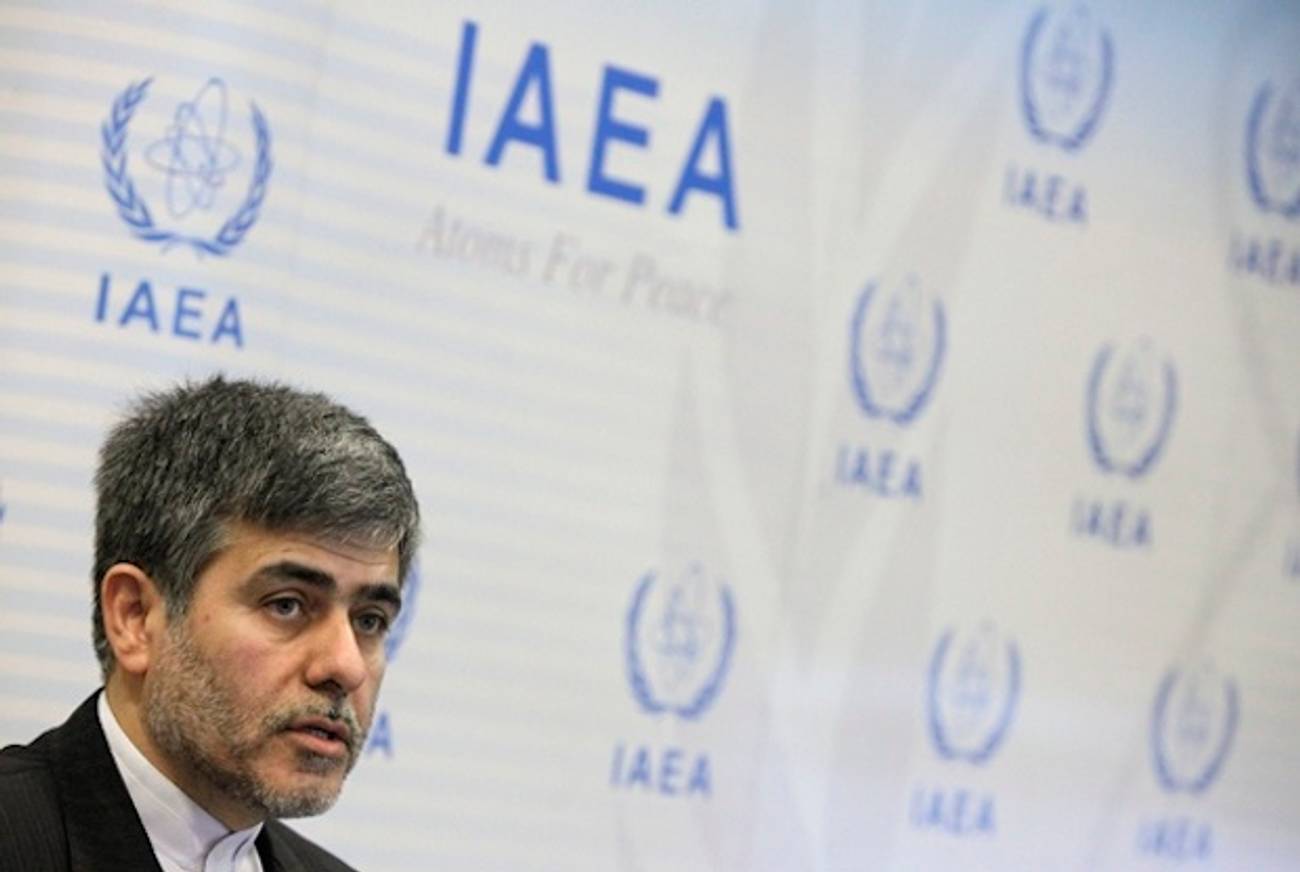Iran Admits Deception on Nuclear Program
Will threat fatigue push Iran in the zone of immunity?




A joint poll released today revealed that 80% of both Israelis and Palestinians believe that an Israeli strike on Iran would escalate into a major regional war. (Isn’t it nice when they agree?) The survey underscores a certain attitude and a rhetorical formulation that has dominated the discourse on Israel and Iran.
An Israeli strike equals regional war.
Iran’s nuclear program does not equal regional war.
Anyone who remembers 2006 well, knows that Iran’s nuclear program has already caused a regional war when that year’s G8 Summit–the agenda of which was meant to take square aim at the issue of Iran’s nuclear program–got mired in managing the crisis of the Second Lebanon War between Israel and Hezbollah. Hezbollah, funded and directed by Iran, started the war by kidnapping and killing Israeli soldiers in a cross-border raid and, soon enough, the issue of Iran’s nuclear program receded beneath a pall of international outrage about asymmetrical warfare. The nukes weren’t important anymore, it was the Israeli army controversially targeting Hezbollah rocket teams entrenched in the dense civilian neighborhoods of Beirut. In other words, the distraction worked.
The creation of a narrative in which Israel’s paranoia and bellicosity toward Iran makes the Middle East unstable has also worked. Behind the gambit is the idea that Iran is either not serious about its nuclear program or is moving too slowly to raise alarm. When Israeli Prime Minister Benjamin Netanyahu laid out a case on American television this past weekend that Iran could very well be at the threshold of a nuclear weapon in six-to-seven months, by mid-week the story had fallen off the radar.
One can point to the sheer volume of conflicting reports, unofficial statements, and analyses about the status of Iran’s nuclear program, the need for an attack, the efficacy of an Israeli strike against the facilities, and the need to see how sanctions play out in order to explain what might be called threat fatigue. Iran’s avoidance of IAEA inspections and its various deceptions about the status of its nuclear program helped create this fatigue, which might just carry the country through to the zone of immunity.
Today, Iran’s vice president said as much:
In an interview published in the London-based daily Al-Hayat on Thursday, Iranian Vice President Fereydoon Abbasi-Davani, who is also the head of the Atomic Energy Organization of Iran (AEOI), said that misleading facts were used to protect his country’s nuclear program and to disguise some of the technical advances it has made.
“Sometimes we pretended to be weaker than we really were, and sometimes we showed strength that was not really in our hands,” Abbasi-Davani said in the interview. “We had no choice.”
But worry not. Iran has also said its nuclear program is peaceful.
Poll: Majority of Palestinians, Israelis say attack on Iran would ignite major regional war [Haaretz]
PM Warns: Iran on brink of nuke in 6-7 months [JPost]
Iran admits it deceived West over nuclear program [Times of Israel]
Adam Chandler was previously a staff writer at Tablet. His work has appeared in the New York Times, the Wall Street Journal, the Atlantic, Slate, Esquire, New York, and elsewhere. He tweets @allmychandler.